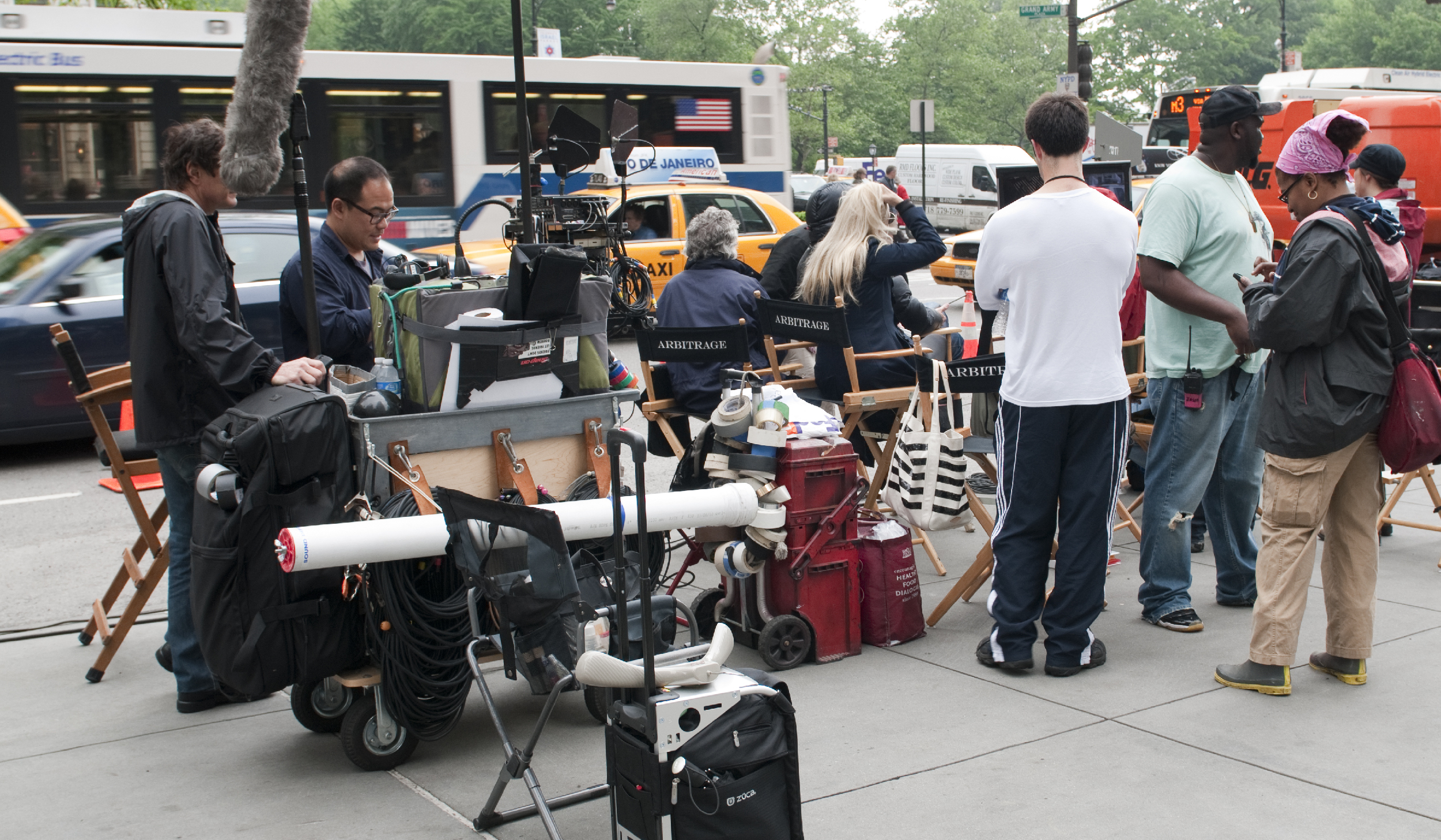By Hal Rosenbluth and Kris Bagwell
There have been more than 170,000 new, well-paying direct and indirect jobs created since the introduction of the New York State Film Tax Credit Program in 2004. The film and television industry has been a leader in developing the creative economy in New York. For an industry that was disappearing from New York, this is a major success.
Gov. Hochul’s budget proposal includes an increase in the annual allotment for the film and television tax credit from $420 million to $700 million and makes it easier for the industry to plan for future shows. This increase — the first since 2009 — will enable New York to remain competitive with states like New Jersey and others which have been offering even more generous incentives and aggressively luring productions and the related jobs away from New York State.
According to the governor’s Office of Motion Picture and Television Development, in 2021 alone, the program brought 274 film and television productions to New York, generating $2.7 billion in direct spending in the state. The state budget office has concluded time and again that this program pays for itself.
In 2019, the last year of full activity prior to the pandemic, the film industry in New York supported 185,000 jobs and generated $18 billion in economic activity. This includes jobs in production and post-production, and in supporting industries like catering, transportation, and hospitality. These jobs are spread across the state from New York City to the Hudson Valley, Albany, and beyond.
Importantly, the film and television production industry was one of the first to safely re-open in 2020. We came back strong, committed to growing this industry, one of the economic pillars of the city and the state.
Matt Dienstag of LeNoble Lumber Co., Inc., a supplier to New York productions since 1965, said, “The New York film and TV industries are crucial to my company and hundreds of family-owned businesses. Since the passage of the New York Film Tax credit, we have more than doubled the number of our employees. Our experience shows that the continued growth in film and TV productions is largely dependent on having a film tax credit that is competitive with other states.”
“Our doors most certainly would have closed if not for the film and television industry which kept our restaurant going throughout the pandemic,” said Gianna Cerbone of Manducatis Rustica in Long Island City.
Businesses throughout the state also benefit. Court 16, a tennis facility next to Silvercup Studios, rents their space to shows for on-location shoots including to a large TV show for its tennis scenes. Upstate locations are often leased by shows such as HBO’s “The Gilded Age,” which rented some state-owned buildings which fit the period.
Importantly, the program only issues credits to productions that shoot all or substantially all of their shows in New York State. Companies coming to New York to simply capture the city skyline or Niagara Falls do not qualify for the credit.
Beyond the economic benefits, the film industry also has an enormous cultural impact on New York State. Film and television productions often showcase the state’s unique landmarks and diverse communities, helping to promote tourism and clearly show what makes New York special. Many shows treat New York as its own character in a series — “Succession,” “Only Murders in the Building,” and “Gossip Girl,” to name a few. Twenty-five years after its debut, “Sex and the City” tours abound, showcasing its iconic locations throughout New York City.
The film tax credit program is poised to play an even more critical role in the state’s economic revival post-COVID-19.
Today, states including neighboring New Jersey and others like Georgia, are offering lucrative incentives that could reduce the substantial economic benefits from this program. Across the country, 35 states offer some form of film and TV tax incentives. Globally, the competitive environment is just as intense. States that fail to maintain their competitive edge risk losing out on the very real economic benefits generated by these productions seen on the streets of New York over the past 19 years.
Plus, maintaining New York’s competitive edge means retaining well paying, union jobs here in New York City and New York State.
The governor understands that the film and television industry is an effective economic driver for the state’s creative economy. The governor’s proposal will give producers the certainty they need in planning future production decisions. This will ensure New York continues to create well-paying jobs in film and television and continue to move our economy in the right direction.
Rosenbluth is president of Kaufman Astoria Studios. Bagwell is executive vice president and general manager at Silvercup Studios. Both studios are owned by affiliates of Hackman Capital Partners and operated and serviced by The MBS Group.


